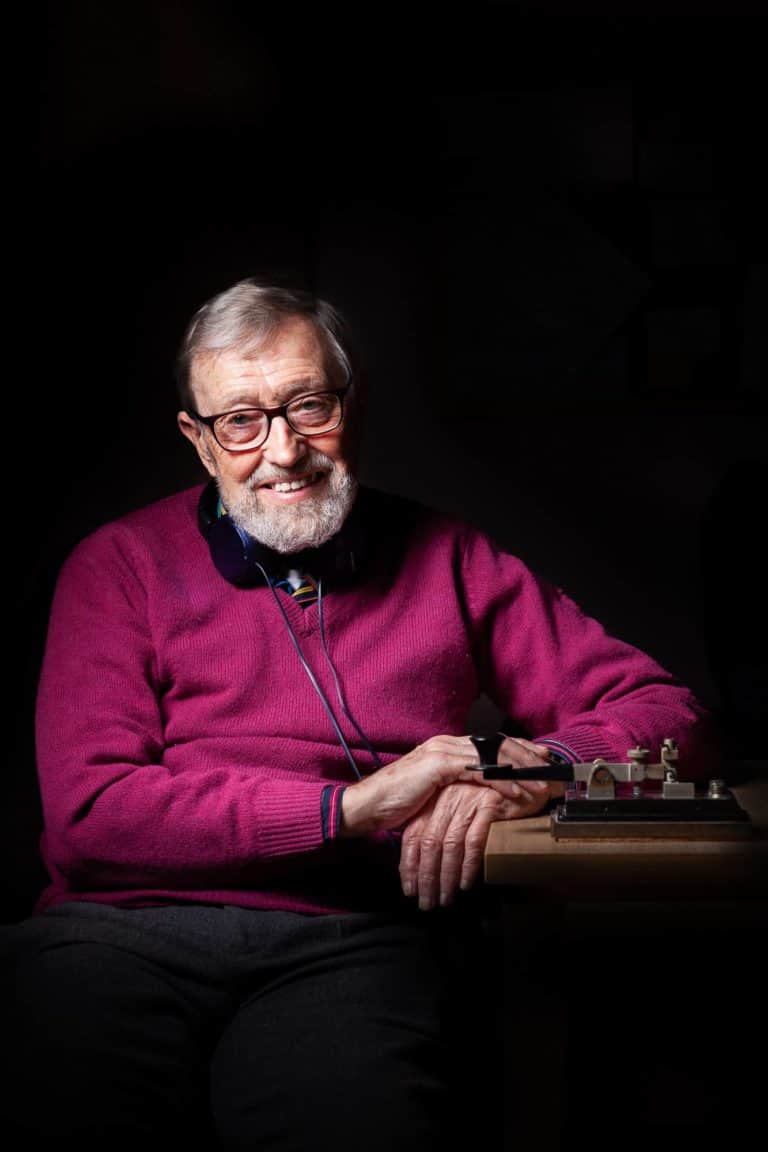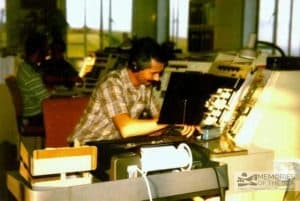Edward Sandle on Communcation
Lisa: It sounds like it was quite important work that you were doing in that period?
It was, we thought it was. It was useful and very important, and it meant ships could keep in touch with their offices and they’re home and their families, and also we maintained this distress watch. Before the Coast Guard had radio, we were maintaining distress watch on these frequencies and it was important work.
As I say, as time went by our role diminished and the Coast Guard took over the distress working, and satellites took over the signals and radio communication and we dwindled.
I think initially the Radio Stations dwindled throughout the country.
Two or three Stations were controlled from one spot remotely and we thought that was a retrograde step because if a ship said to us he was off a certain rock round our way, we knew where he was, whereas somebody up in the north of Scotland where it was controlled from, had no idea, but of course I think the Coast Guard have got the same problem now.
They’re remotely controlled all receivers so the same thing happened then, you had to give your actual position and then they’d look on a screen and find where you were, whereas we had local knowledge and so did the local Coast Guard, but it’s all gone now.







